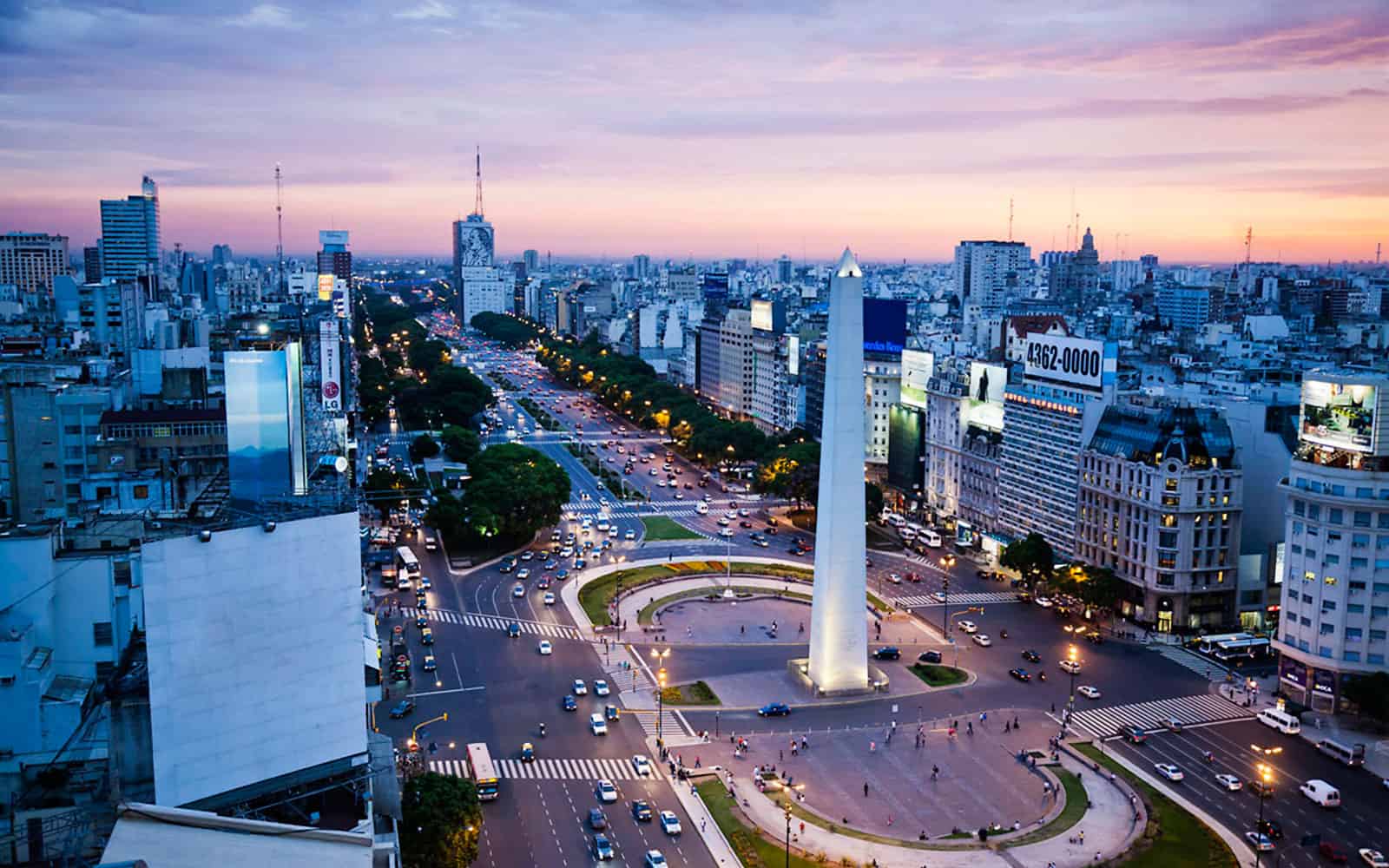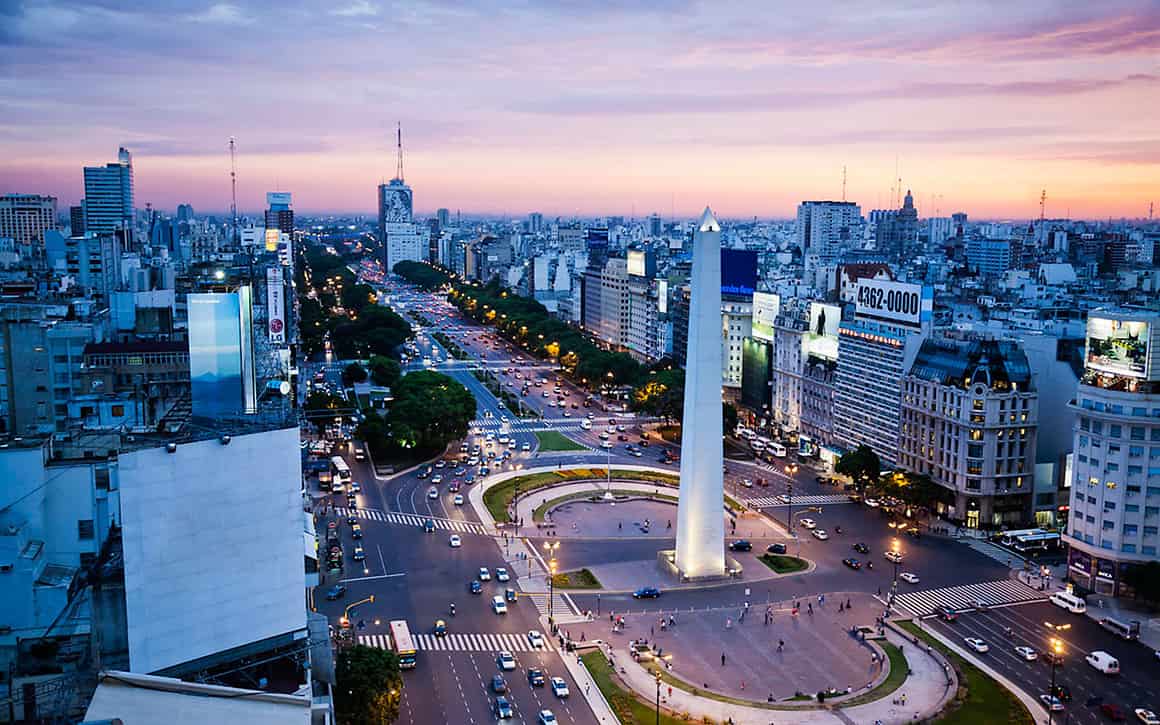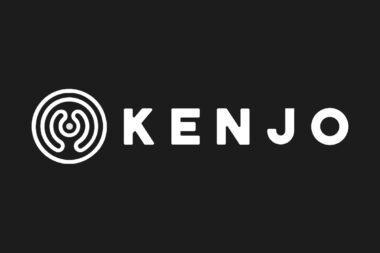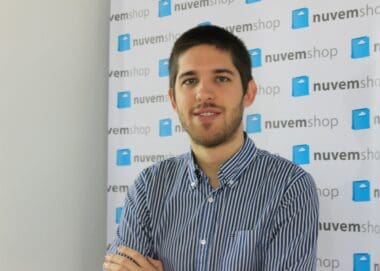The city of Buenos Aires is taking significant steps towards the modernization of its bureaucracy by incorporating blockchain technology. Starting in October, city residents will be able to access their identification documents through a digital wallet, as announced on September 28.
The first documents to be available on this blockchain platform include birth certificates, marriage certificates, as well as income statements and academic certificates.
It was detailed that there are plans to integrate health data and payment management in the future. Additionally, a roadmap will be established to implement this blockchain-based solution nationwide by the end of 2023.
The project relies on the infrastructure of QuarkID, a digital identity protocol developed by the company Web3 Extrimian.
The QuarkID wallets will operate with zkSync Era, an Ethereum scalability protocol that uses ZK-rollups. This technology allows proving to a party that a claim is true without revealing specific details about the claim itself.
The data stored in these wallets will be exclusively owned, allowing citizens to manage the delivery of their credentials when interacting with the government, companies, and other individuals. zkSync Era will serve as the settlement layer for QuarkID, ensuring that each citizen has the appropriate credentials.
The goal of the Argentine government and the city of Buenos Aires is for this digital identity framework to be a public resource, as mentioned by Diego Fernández, Secretary of Innovation for the capital of this South American country.
“This is a monumental step towards a safer and more efficient future for government services in Latin America,” said the Buenos Aires government official.
“With this development, Buenos Aires becomes the first city in Latin America, and one of the first in the world, to integrate and promote this new technology and set the standard for how other countries in the region should use blockchain technology for the benefit of their people,” Fernández added.
Argentine officials are exploring a similar nationwide initiative, the Worldcoin digital identification project. In August, local authorities expressed concerns about privacy regarding the collection, storage, and use of customer data by Worldcoin.
Worldcoin is also facing scrutiny in Europe and Africa since its global launch in July. This project, founded by Sam Altman, co-founder of OpenAI, collects retina scans to verify users.







